With recent product releases from Samsung and HP showing striking similarities to Apple devices released much earlier, the internet has become awash with claims of blatant ‘ripping off’ by these aforementioned companies. A war of words has promptly erupted - the blogosphere trying to define the level of ‘similarities’ a product is allowed before it’s defined as a rip-off. This got me thinking, and I’ve created a table highlighting several recent products that received quite a bit of media attention because of this very issue:
| Released First | Released Second |
|---|---|
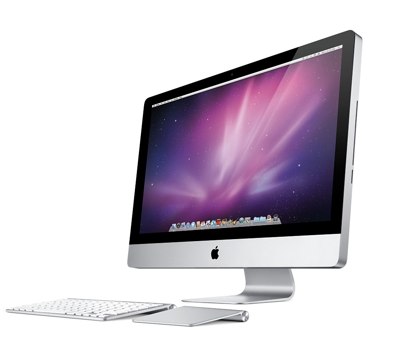 Apple iMac, released August 2007 | 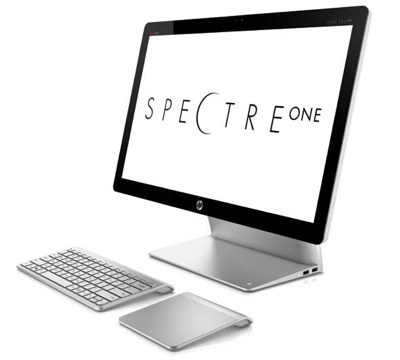 HP Spectre One, released October 2012 |
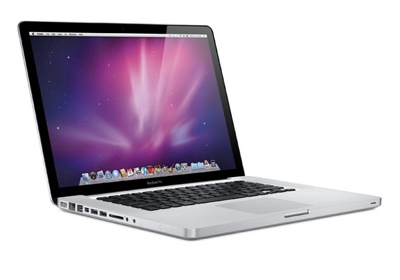 Apple MacBook Pro, released October 2008 | 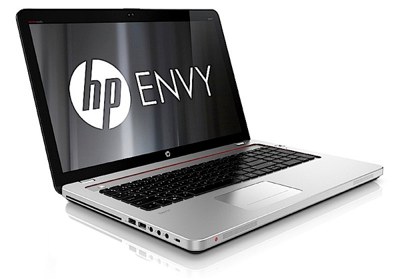 Hp Envy, released December 2011 |
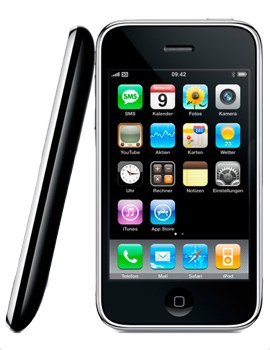 Apple iPhone 3G, released July 2008 | 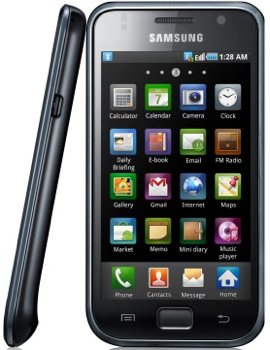 Samsung Galazy S i900, released March 2010 |
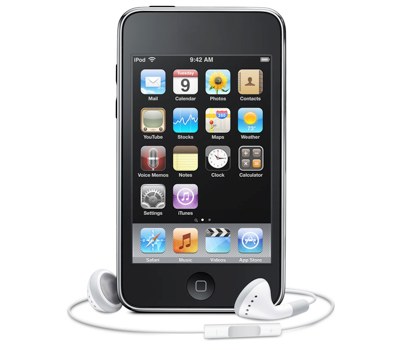 Apple iPod Touch (3rd Generation), released September 2009 | 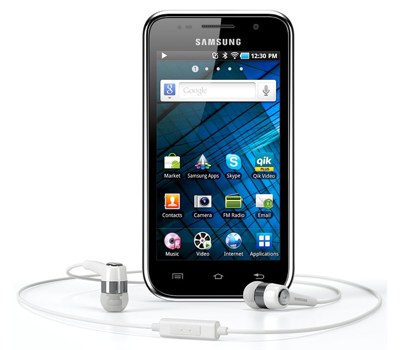 Samsung Galaxy Player, released October 2011 |
The table is certainly conclusive as to the surprising level of which later-released devices have drawn inspiration from their earlier counterparts. Granted, this table only shows a minuscule slice of the current current market - but highlights a much larger problem that has become increasingly evident in certain manufacturers. Thinking further about this concept prompted a relevant anecdotal situation that occurs every single day in educational institutions. These companies have a problem with schoolyard plagiarism. Now you may think this is quite strange accusation to aim, but something I feel is most definitely warranted. For example, a typical experience from my schooling (as well as many others):
- Receive assignment.
- Copy & Paste from Wikipedia.
- Change a few words. Hand in.
This situation can be easily re-interpreted to fit within the realms of today’s technology market:
- Competitor releases new product.
- Copy their design and try to copy core functionality.
- Slightly modify the design and feature set. Release to market.
Just as the feeble student exploits Wikipedia’s authors for their own personal gain, these device manufacturers exploit their competitors extensive R&D and incremental revisions by plagairising - not retaliating with improvements and innovations of their own. Because of this, you (as did I) may think that these companies deserve to be punished with the full extent of the law, and that recent court cases surrounding these issues are justified. But unfortunately, this isn’t an issue that can simply be solved by lawsuits (ie: 1, 2), because just like in school, being disciplined for copying usually doesn’t stop anything, it just forces the perpetrator to angrily deny accusations and become more devious in their ways. There is only one way in which this problem can be solved, and that’s a dramatic cultural and ethical shift in these companies philosophies, making them want to innovate and feeling ashamed of plagiarizing others work. However, in the fast-paced, low margin and cut-throat technology industry in we find ourselves today - this simply isn’t feasible. Customers demand more and more with each product revision, and when simply maintaining profits and marketshare is the most important goal in the business, it’s easy to fall into the plagiarism trap.
I understand that this is a fairly sensitive topic within tech-nerd circles, with everyone having different opinions of which they believe strongly in. I ask only that you consider my argument and whether or not you agree with it - as always feel free to contact me for comments and/or feedback.